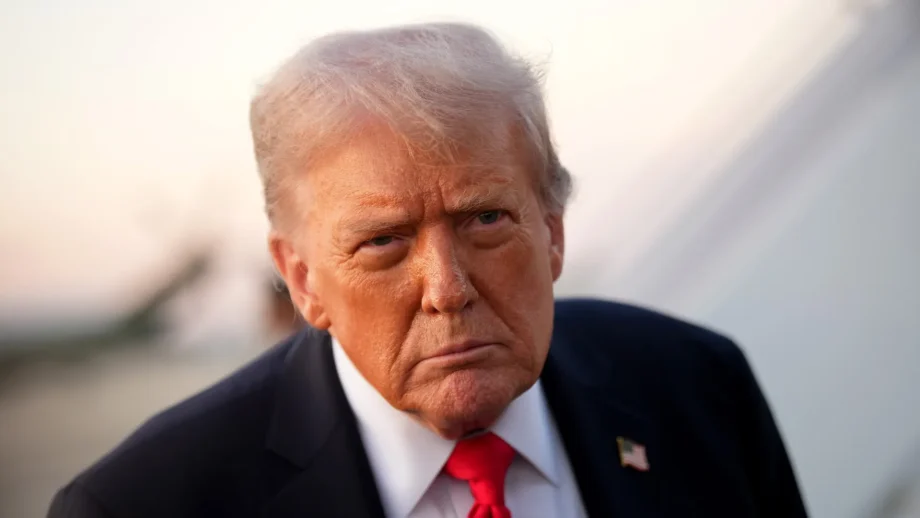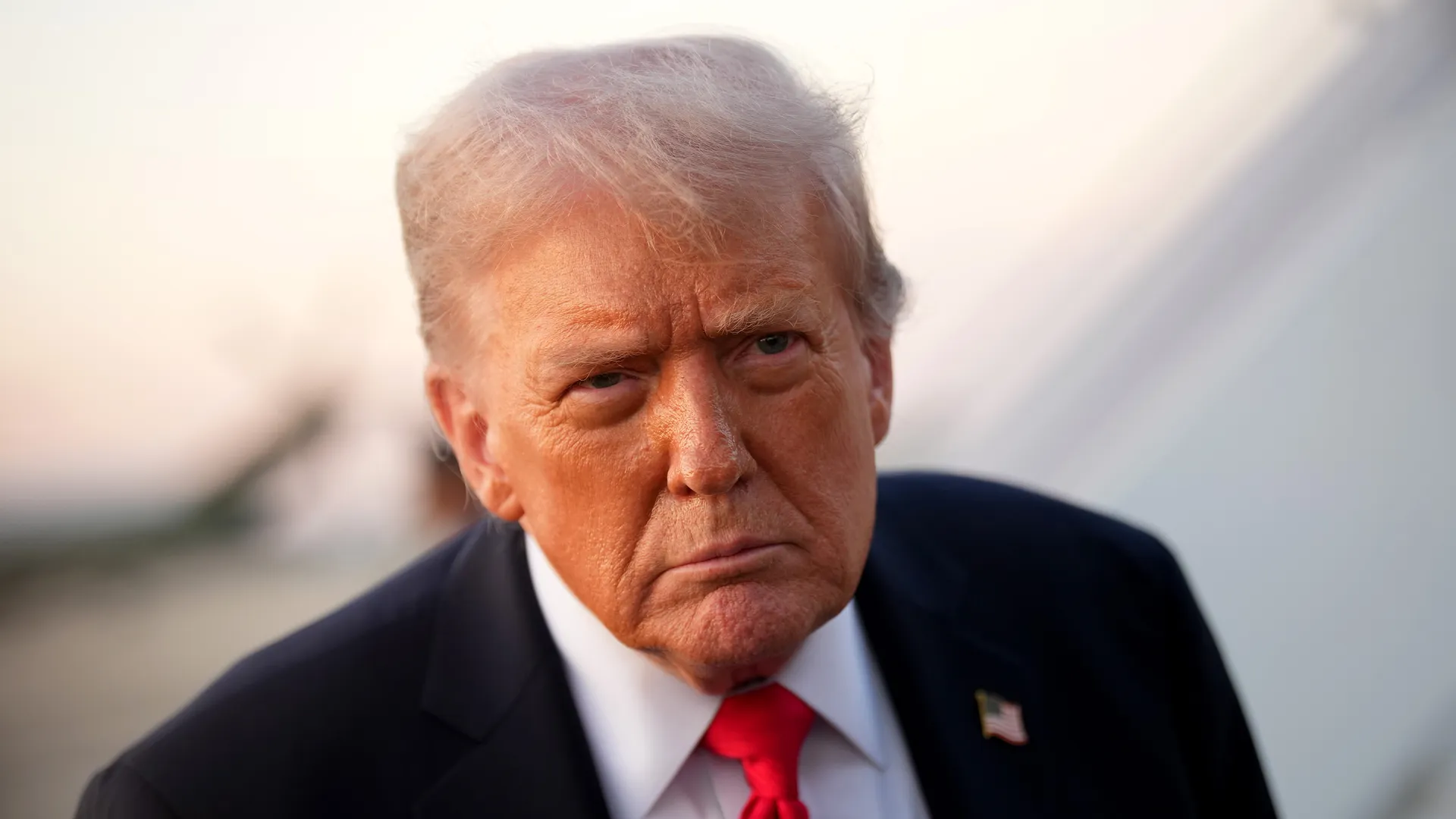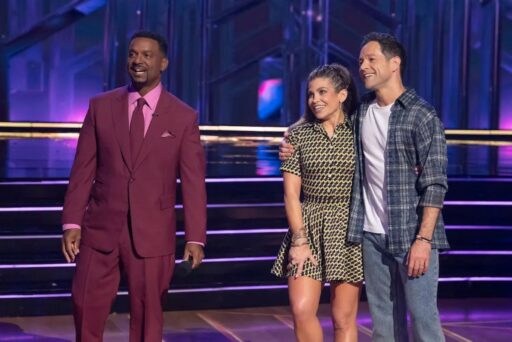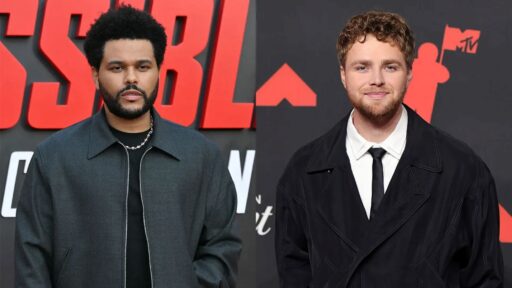Former U.S. President Donald Trump has once again floated the idea of using federal power to go after media organizations he views as hostile. In a post on his Truth Social platform, Trump accused NBC News and MSNBC of “treasonous” coverage and suggested their broadcast licenses should be challenged, maybe even revoked altogether. The remark quickly revived old concerns about press freedom and whether a president could try to use regulatory agencies to punish critics.
Key Takeaways
- Donald Trump accused media outlets, particularly NBC and MSNBC, of biased reporting he described as a threat to the country.
- He proposed investigating these companies and challenging their broadcast licenses through federal bodies.
- The statement raises serious questions under the First Amendment, which protects freedom of the press.
- Legal experts note that the FCC operates independently and cannot revoke licenses based on political content.
- The threat mostly applies to broadcast TV, while cable networks like MSNBC do not fall under FCC licensing rules.
The Threat Against Media Licenses
Trump’s frustration appeared to be triggered by NBC and its cable division, MSNBC. He argued that their reporting was damaging to the United States. “I say that it is for the good of our Country that NBC NEWS, and their boss, COMCAST, be looked at for their TREASONOUS COUNTRY THREATENING REPORTING,” he wrote. He went on to question why they should be allowed to keep their licenses, implying that regulators should step in.
It is far from the first time he has voiced such threats. While in office, Trump often went after CNN, The New York Times, and The Washington Post, branding them “fake news” or even the “enemy of the people.” His latest remarks reopen the broader debate over whether a president should have any sway over media licensing, and whether such pressure could tilt coverage in a dangerous way.
The Federal Communications Commission, or FCC, is the agency that oversees U.S. television, radio, and other communications. It grants licenses to local stations so they can broadcast over public airwaves, reviewing them periodically to ensure the stations serve the public interest. Importantly, the FCC is barred by law from censoring political content or revoking licenses because of a station’s viewpoint. That principle comes straight from the First Amendment, which guarantees freedom of speech and a free press.
Legal and Practical Hurdles
Experts in media law and press freedom were quick to note the steep legal and logistical barriers to Trump’s proposal. For one, networks like NBC don’t hold a single, nationwide license. Instead, hundreds of individual local affiliates hold their own licenses. To “go after NBC” in practice would mean filing challenges against each of those licenses across the country a process both time-consuming and legally fraught.
On top of that, MSNBC isn’t even a broadcast network. It’s a cable channel, carried through private cable and satellite companies, which means it doesn’t need an FCC license at all. In other words, the licensing threat doesn’t really apply to it.
Even if a president tried to push the FCC toward punitive action, courts would almost certainly strike it down as a violation of the First Amendment. Still, critics warn that just raising the idea carries risks. It may not result in an actual license challenge, but it could still send a chilling message to reporters and editors, suggesting that aggressive coverage might provoke government retaliation. And that possibility real or not has many worried about the press’s ability to hold powerful figures accountable.
Frequently Asked Questions (FAQs)
Q. Can a U.S. President directly revoke a TV station’s license?
A. No. The president does not have the authority to revoke a broadcast license. That power belongs exclusively to the Federal Communications Commission (FCC), which is designed to be an independent agency that makes decisions based on established rules, not political pressure.
Q. What is the Federal Communications Commission (FCC)?
A. The FCC is a U.S. government agency that regulates interstate and international communications by radio, television, wire, satellite, and cable. Its main job is to ensure that broadcast media serves the public interest.
Q. Why do cable channels like MSNBC not need an FCC broadcast license?
A. FCC broadcast licenses are required for entities that use public airwaves. Cable channels are transmitted through privately owned coaxial or fiber-optic cables, so they are not subject to the same licensing requirements as traditional broadcast stations.
Q. How does this issue relate to the First Amendment?
A. The First Amendment to the U.S. Constitution protects freedom of the press from government interference. Using a government agency like the FCC to punish a news organization for its critical coverage would be considered a direct violation of this constitutional protection.
Q. Is this the first time Donald Trump has made threats against the media?
A. No. Throughout his political career, and especially during his presidency from 2017 to 2021, Trump frequently attacked news organizations that he deemed critical of his administration, often calling for punitive actions against them.






